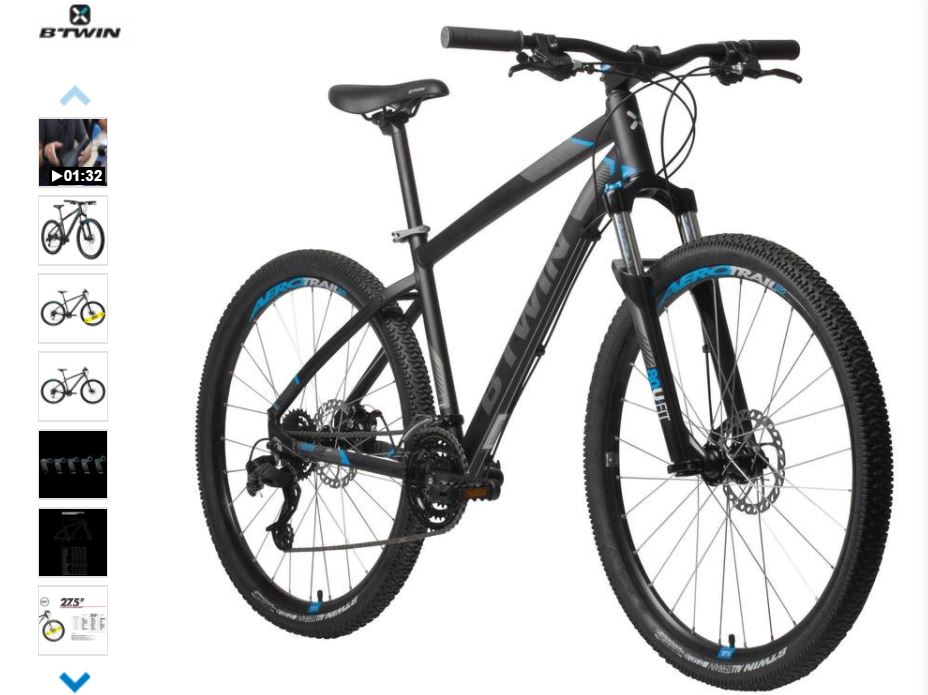I'm a feeble lightweight at 19 stone (I'm 6'5") and have never had a problem with any bike, electric or regular. Normal ebikes work just fine for me - hills no problem at all. Most are somewhere in the 120-140kg payload range, so should be fine.
Might I ask, is there any reason for desiring a step thru frame?
You are inside normal weight limits for many brands. 136kg/300lbs are the rider weight limits for the most generous brands. Some brands are limited to 120kg total load and a few below this at around 100kg plus some folding bikes go lower again. Increasing the fatigue rate of the frame and forks means the lifespan is reduced but should still get many years out of the frame and forks. When you start going over the stated certified weight limits you can massively reduce lifespan and make an early failure much more likely.
Once you get beyond stated weight limits then you really have to start thinking about frame material and the components you are using. Steel is always a great material for frames and forks as typically will give early warning of failure plus many steel frames and forks are overbuilt. Finally steel does have greater resistance to fatigue although when overloaded perhaps the endurance limit of the material is exceeded.
Like you I don't really think of 19-20 stone as a problem for many brands.
I was going to say step-thru and folding bike frames are typically weaker but unless you have access to the certification test report you can only guess at the real strength. Some step thru frames are very over-built.
Most US brands have high weight limits as does Halfords and Giant bikes, typical European brands are less but I think the Spanish brand 'BH' actually has high weight limits. Go Outdoors, Calibre bikes etc are more typically European with a 120kg total load limit. Some brands also confuse the issue by only stating rider weight limits and not total load.









